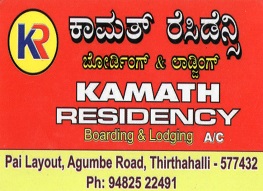
Purposes of Customer Relationship Management
- CRM, in its broadest sense, means managing all interactions and business with customers.
- This includes, but is not limited to, improving customer service. A good CRM program will allow a business to acquire customers, service the customer, increase the value of the customer to the company, retain good customers, and determine which customers can be retained or given a higher level of service.
- Provide product information, product use information, and technical assistance on web sites that are accessible 24 hours a day, 7days a week.
- Identify how each individual customer defines quality, and then design a service strategy for each customer based on these individual requirements and expectations.
- Provide a fast mechanism for managing and scheduling follow-up sales calls to assess post-purchase difference of opinion, repurchase probabilities, repurchase times and repurchase frequencies.
- Provide a mechanism to track all points of contact between a customer and the company, and do it in an integrated way so that all sources and types of contact are included.
- Help to identify potential problems quickly, before they occur.
- Provide a user-friendly mechanism for registering customer complaints.
- Provide a fast mechanism for handling problems and complaints.
- Provide a fast mechanism for correcting service deficiencies.
- Use Internet cookies to track customer interests and personalize product offerings accordingly.
- The CRM can be integrated into other cross-functional systems and thereby provide accounting and production information to customers when they want it.
CRM Architecture << Previous
Next >> CRM-Customer Relationship
Our aim is to provide information to the knowledge seekers

.jpg)

.jpg)



